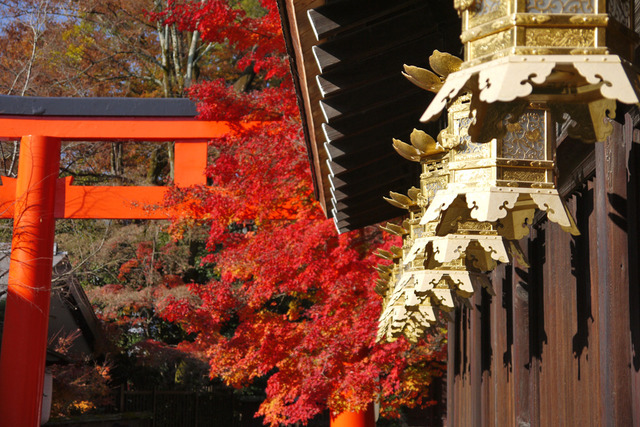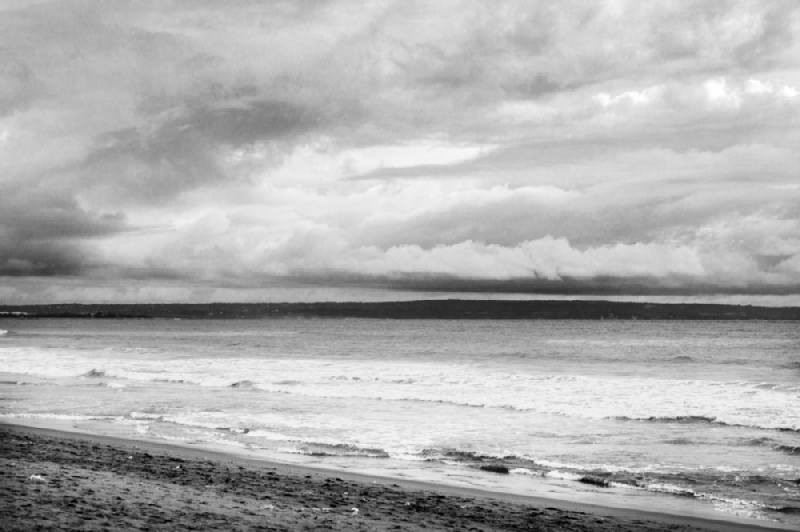Take the initiative, make a difference and move your life forward. These seem to be a golden rule of our time. We are forced to stick to it. We are actually able to live it out. Motivational songs and books abound. However, there are and were some people who are not allowed to make choices on their own life. Let’s look at a waka by a woman who wasn’t allowed to, or decided not to, step forward while struggling to keep her voice unheard.
今の時代は、自らの力で運命を切り開く、そういった生き方が求められ、また実際に実現可能で、そのための応援歌とも言える歌や本を見つけるのは難しいことではありません。しかし、生き方を選べない立場の人や時代もあります。一歩を決して踏み出せず、または踏み出さず、思いはすべて胸に、そんな人生の中でもがいた女性の歌を紹介しようと思います。
日に千たび 心は谷に投げ果てて 有にもあらず 過る我が身は
hini chitabi kokorowa tanini nagehatete arunimoarazu suguru wagamiwaThousands of times a day
Throwing myself into the abyss of despair
Letting my life rot away
My whole existence is forever on hold一日に何度となく心を谷底に投げ捨てるような思い。生きているけど生きていない。そんな心地で暮らしているのです。
Princess Shikishi (1151?-1201) was born into the imperial family. Her father was Emperor Goshirakawa, who was a great historic figure at the time of the two clans of the Minamoto and Taira clashing and gaining more political power over the aristocratic central government. Imagining life at imperial court may involve daydream of outrageously lavish housing, food and clothing. But her life was different. For as men who were not in line to the Imperial Throne were enforced to become priests, so there were unmarried women who were chosen to serve the shrine.
式子内親王(1151?-1201)の父は、源平の争乱と公家から武士へと政治の実権が移る、そんな時代を治めた後白河上皇でした。しかし、式子自身は、一般に想像しうる豪奢な宮廷生活とは無縁でした。というのも、皇位継承の圏外に置かれた男性は出家、未婚の女性で選ばれた者は斎として神に仕えることになっていたからです。
Grief permeates her poems. How despairing it is to go by a strict set of rules imposed on every aspect of life, be enforced to stay unmarried and shelve life opportunities, and be left with no alternative but to forsake the world and let her life rot away. It is believed that she had a persistent longing for Fujiwara no Teika, who edited “The Hundred Poems by One Hundred Poets” and Honen, who created Jodo Buddhist sect and taught people the importance of faith in Amida Buddha over ascetic practices. But her love was unfulfilled and had nowhere to turn.
彼女の歌から伝わってくるのは、閉鎖的な暮らしぶりのみならず、生涯独身を運命づけられ、人生の可能性をすべてを棚上げされたなかで、ただ年月を過ごし身心を持ち腐らせていくことの哀しみ。百人一首を編纂したことで知られる藤原定家や、専修念仏を唱えた法然への思慕もあったようですが、それとて彼女にはあてどの無い想いでしかなかったでしょう。
The main purpose of this series is to illustrate the significance and value of whatever “in the attempt”. The interest centers mainly on being unable to achieve or choosing not to achieve. We are still inspired by a composite of a state of helplessness, what is believed to be worthless, whatever beyond the bliss of attainment and accomplishment and an irrestible longing for worldly fruits of living. Despite our frantic worship of taking the initiative and speaking up, the fact that a voice is unheard doesn’t mean that the voice doesn’t exist in this world. Her words that she wrung out and put into poems seem to prove this point.
本シリーズは「届くかどうかわからないものに手を伸ばす」というテーマを考えていますが、その中心をなすのは成し遂げられないこと、もしくは成し遂げないこと。到達・達成の期待や喜びの彼岸で無力さと無益さに苛まれながらも、現実世界への尽きぬ思いも捨てきれないことのいとおしさ。行動と発言を奉じて生きた痕跡とする現代であっても、しかし声なき思いは、静かに確かにこの世界に存在する。式子自身が、絞り出した言葉から、そんなことを考えさせられます。









